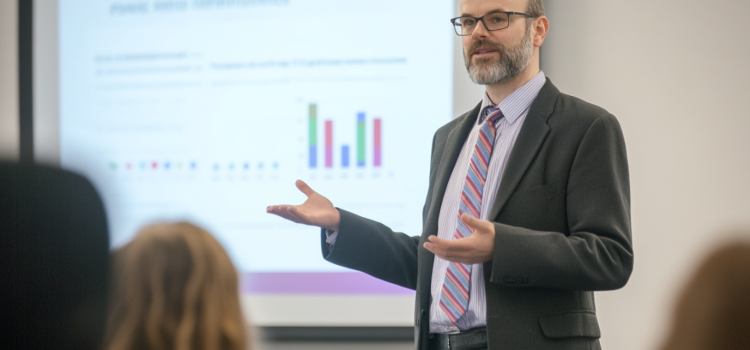Are you looking for ways to make your data more engaging and impactful? Have you wondered which visualization techniques work best for communicating your insights effectively? In her book Storytelling With Data, Cole Nussbaumer Knaflic emphasizes the importance of mastering data storytelling basics before attempting advanced techniques. She recommends starting with fundamental visualizations while focusing on creating a shared understanding with your audience. Read on to discover how you can develop these essential skills and help your entire team become more proficient in communicating with data.
Data Storytelling Basics: Where to Start (Cole Nussbaumer Knaflic)










